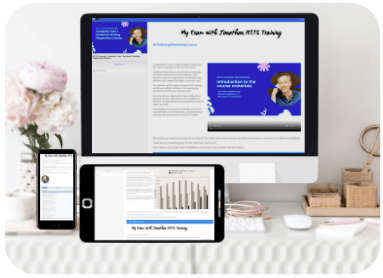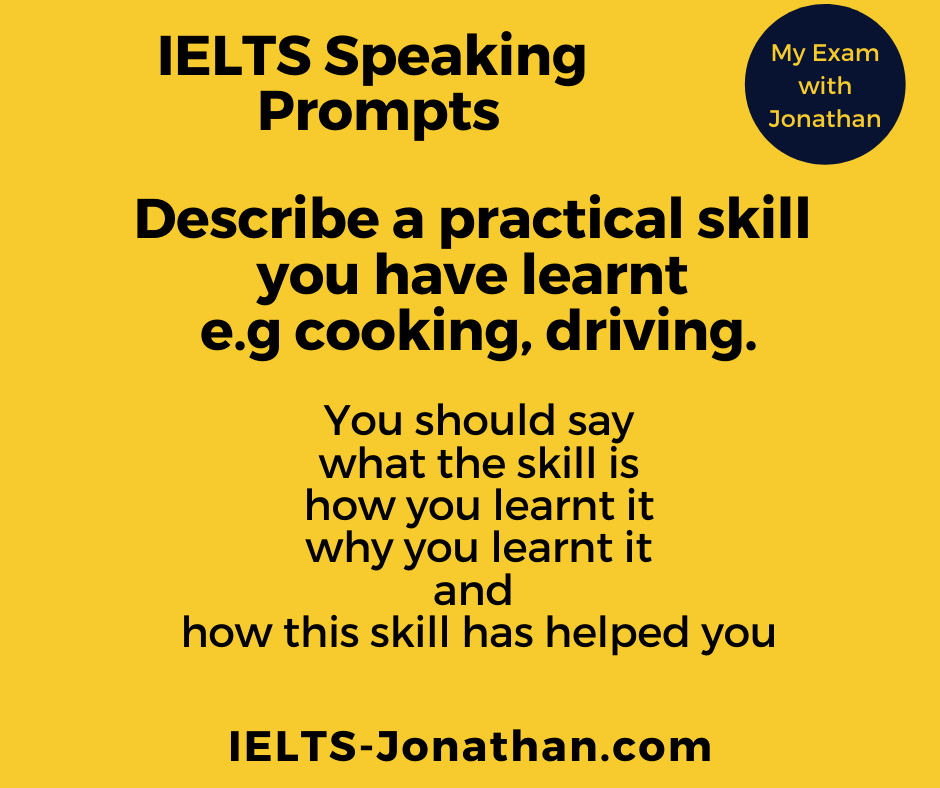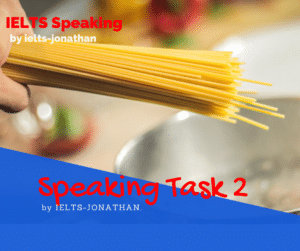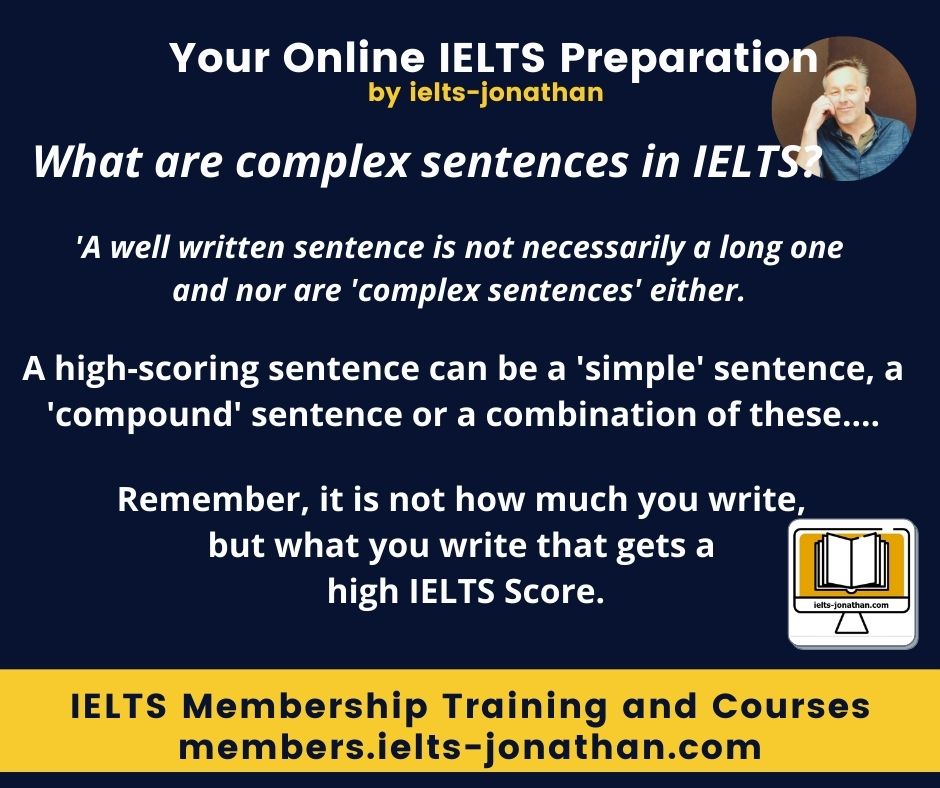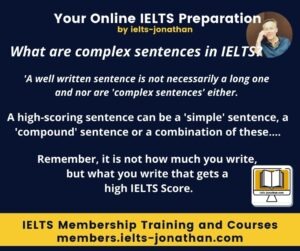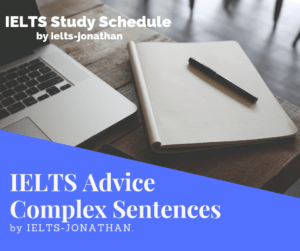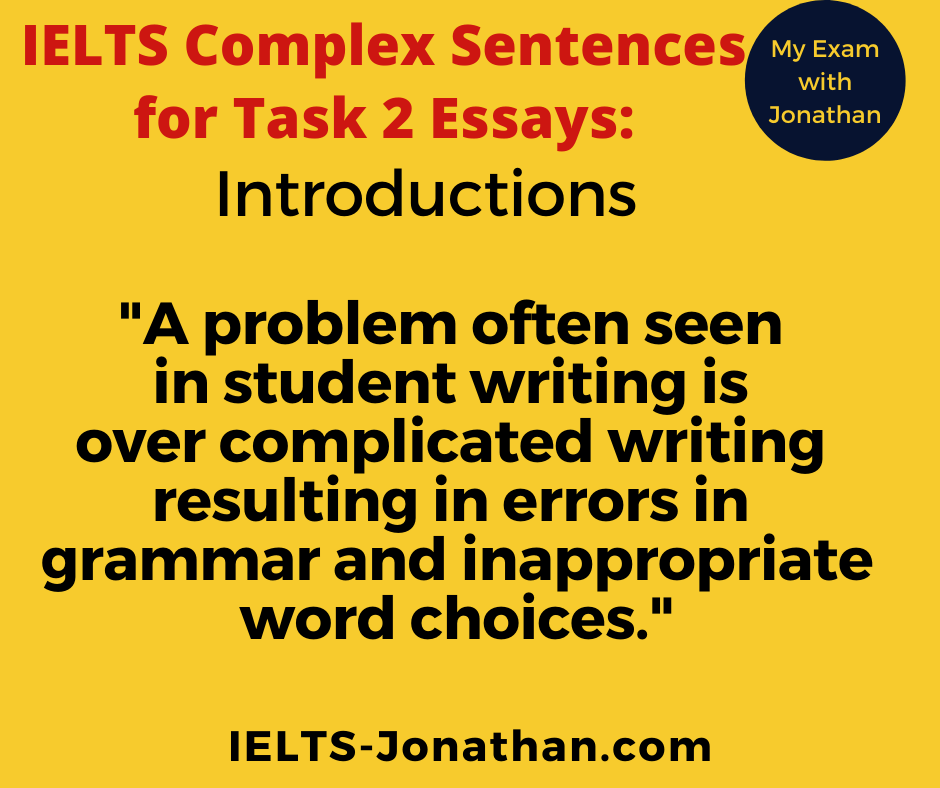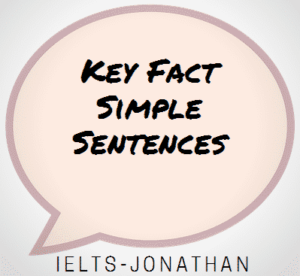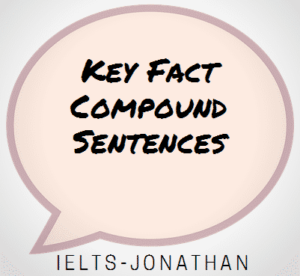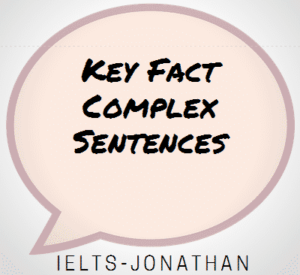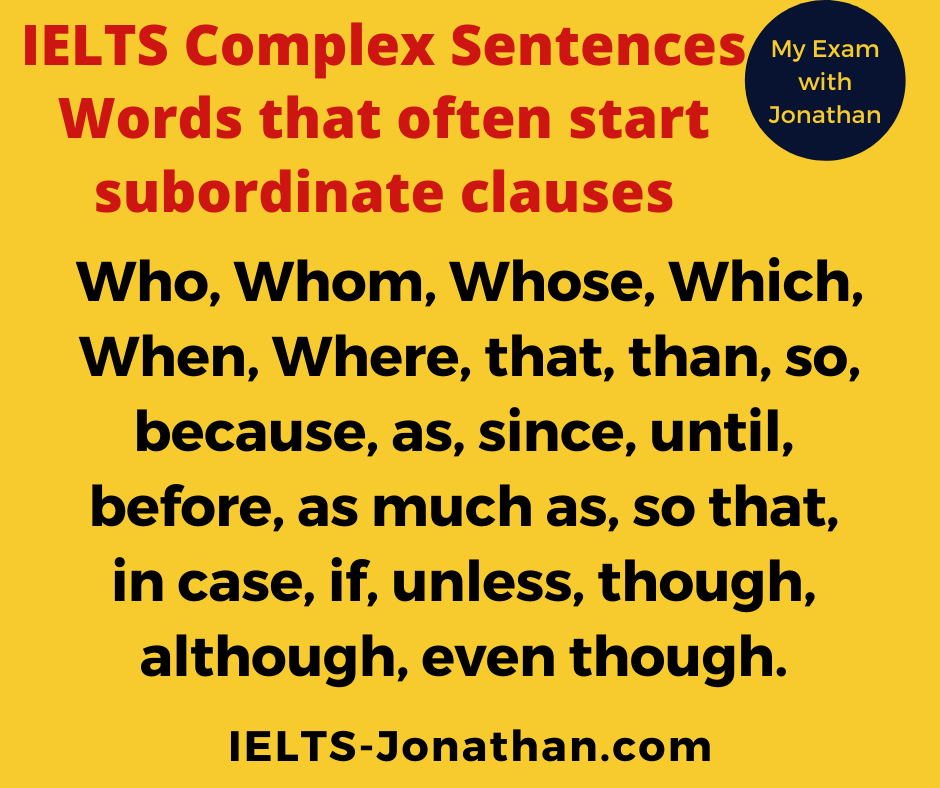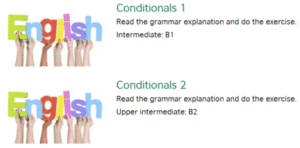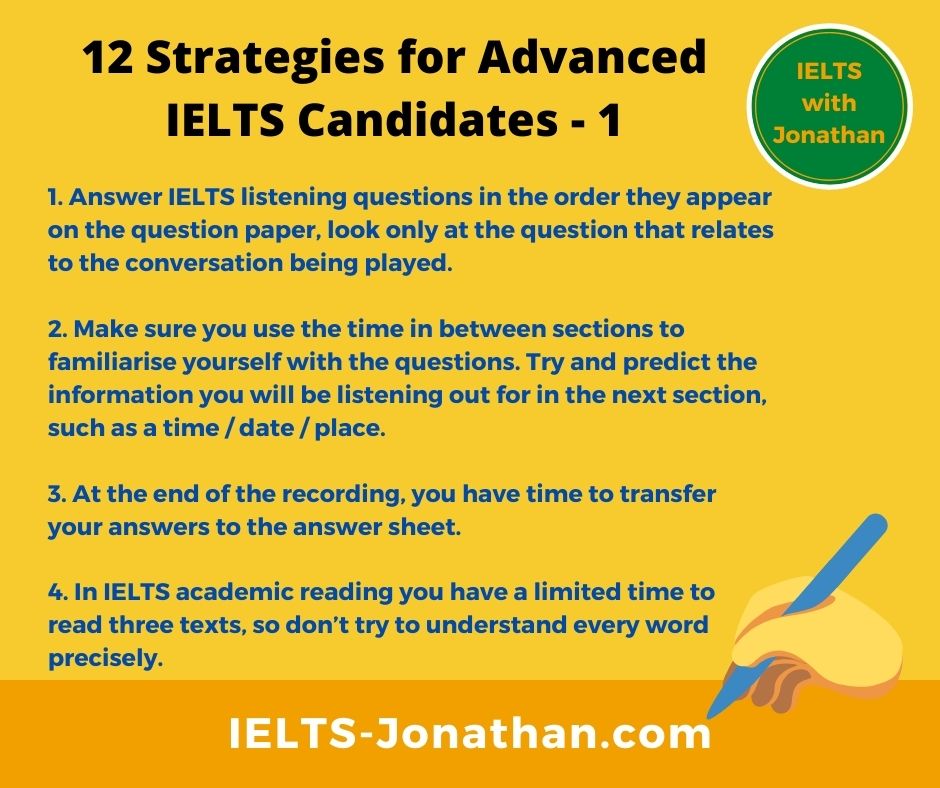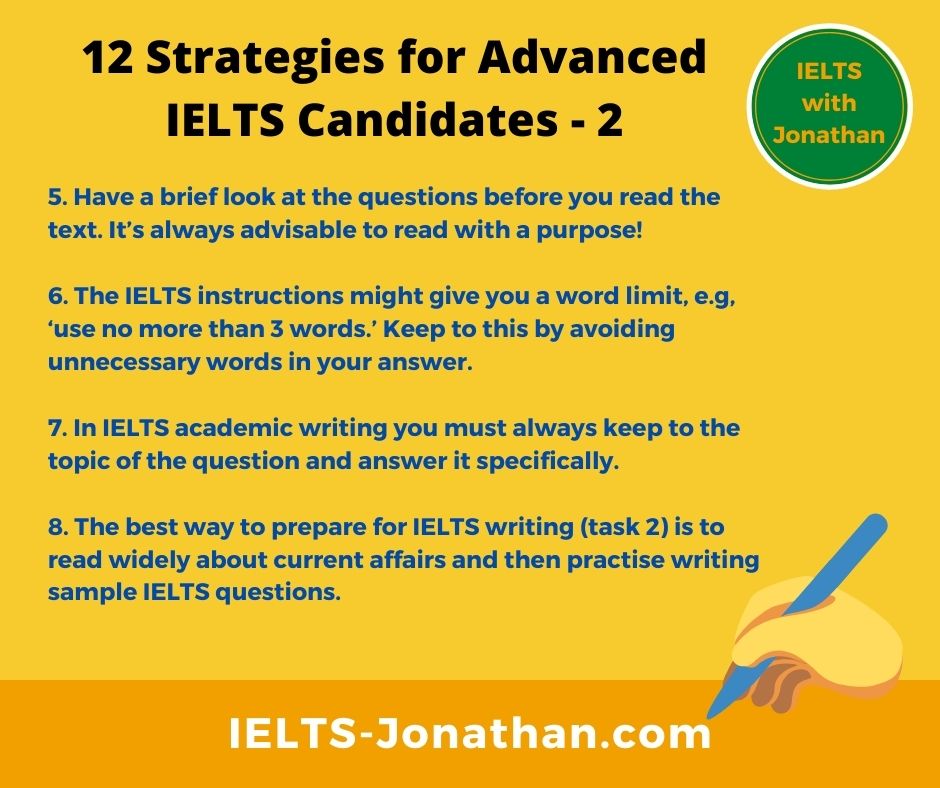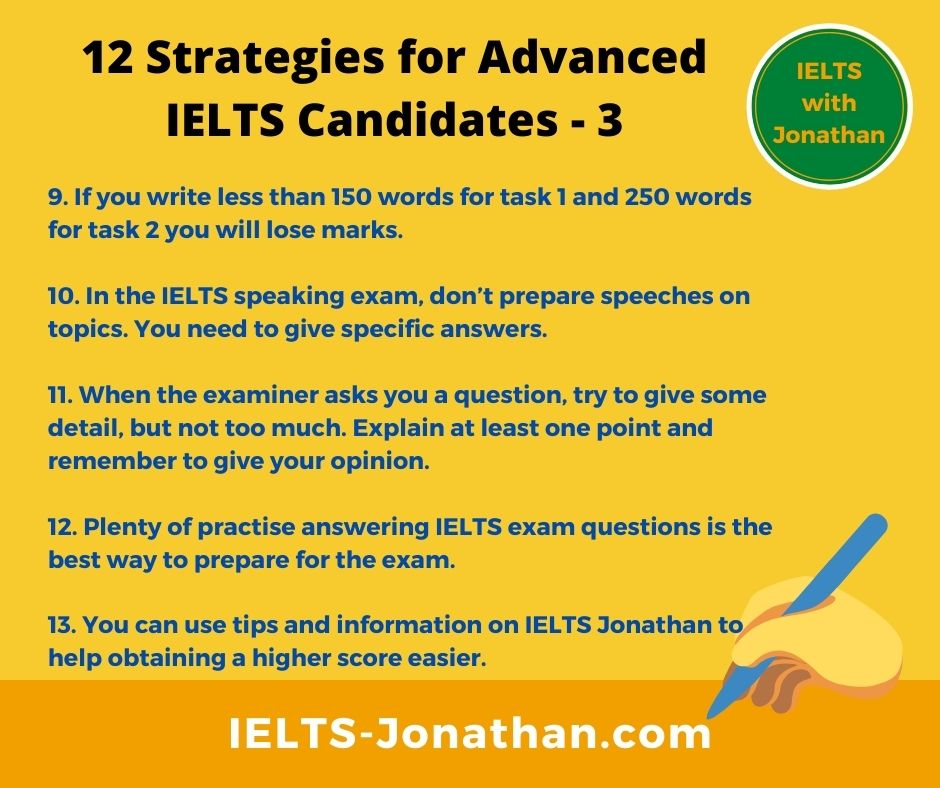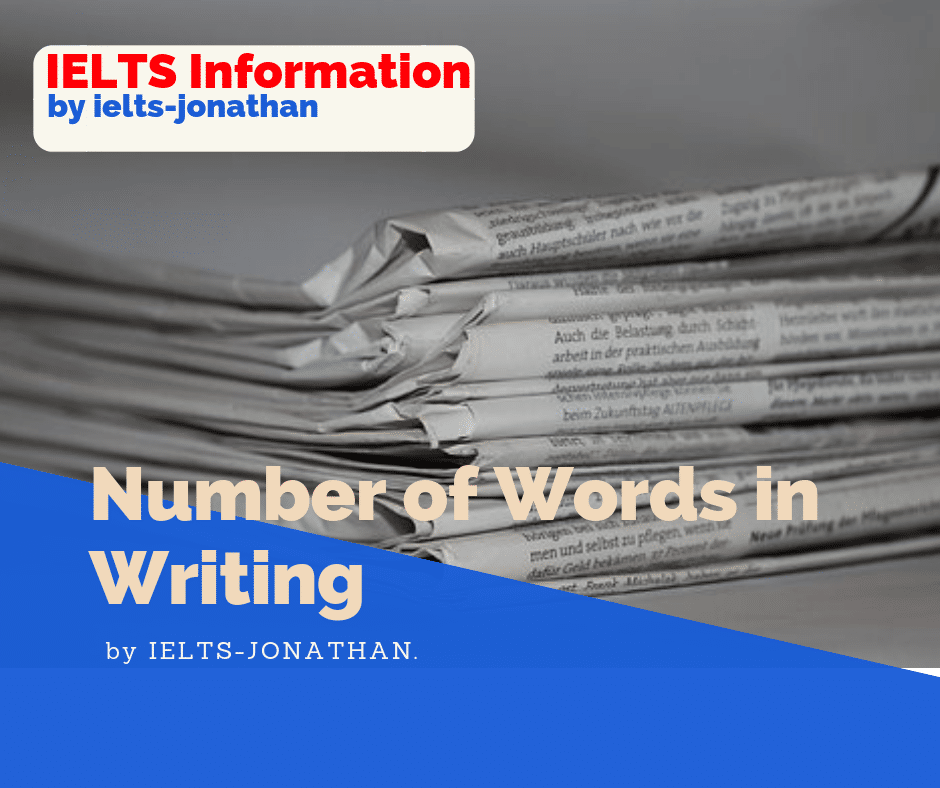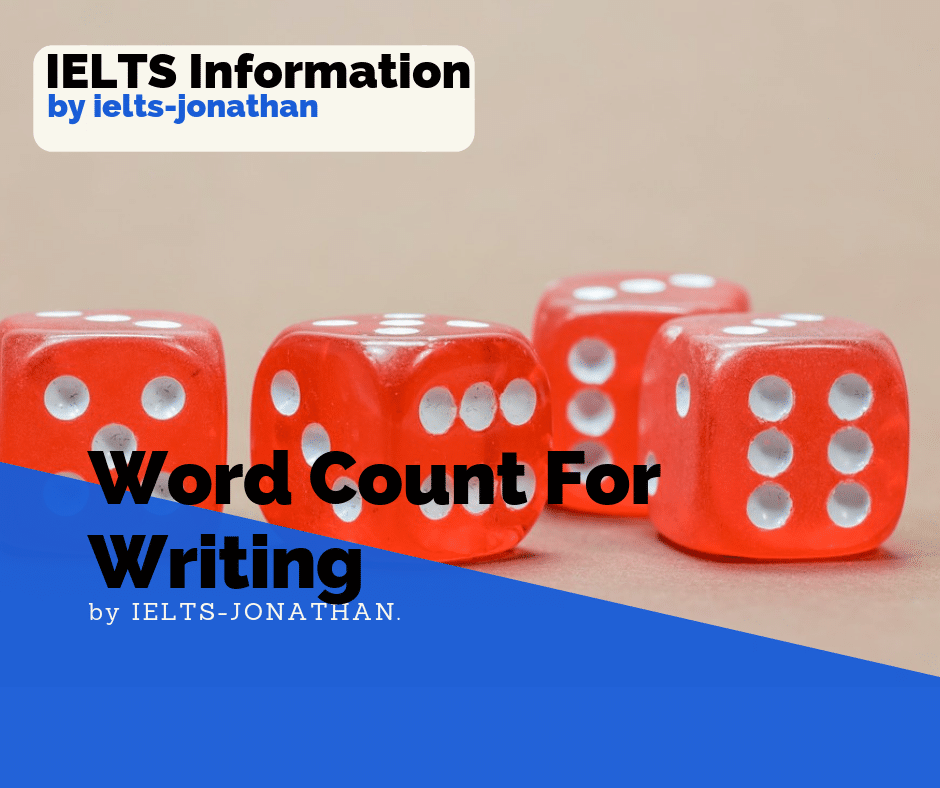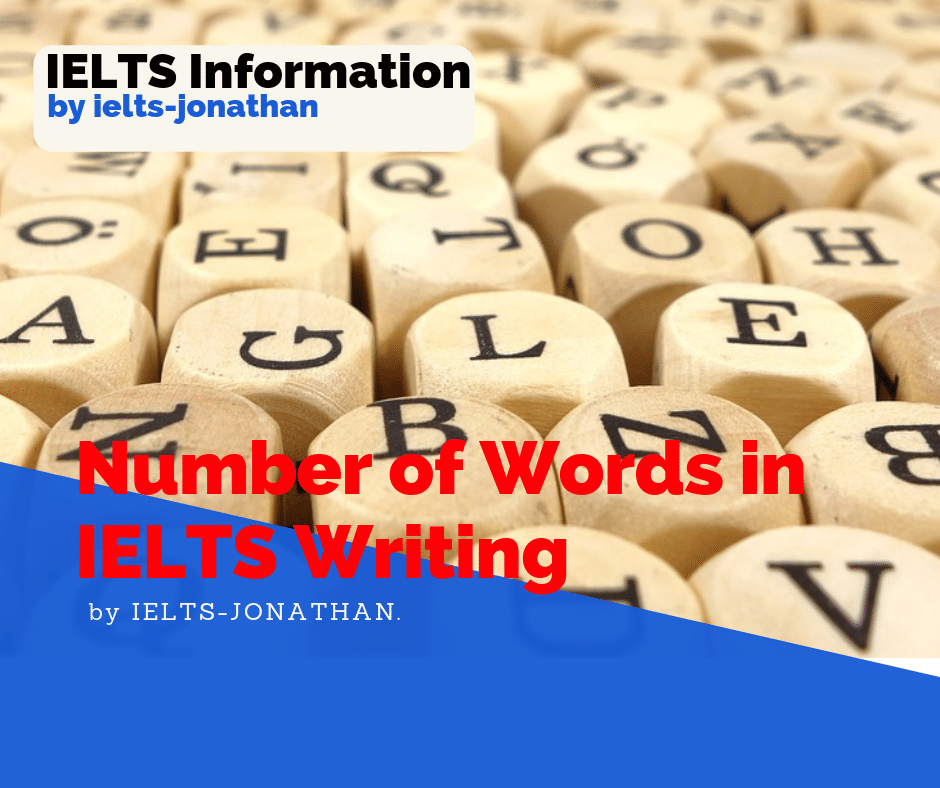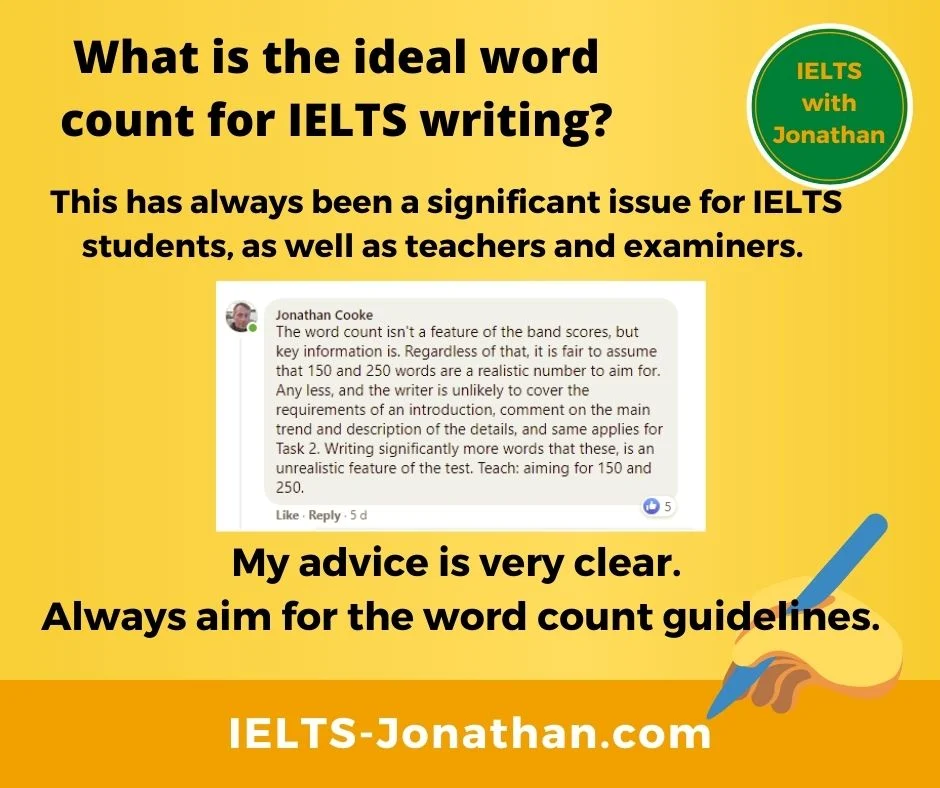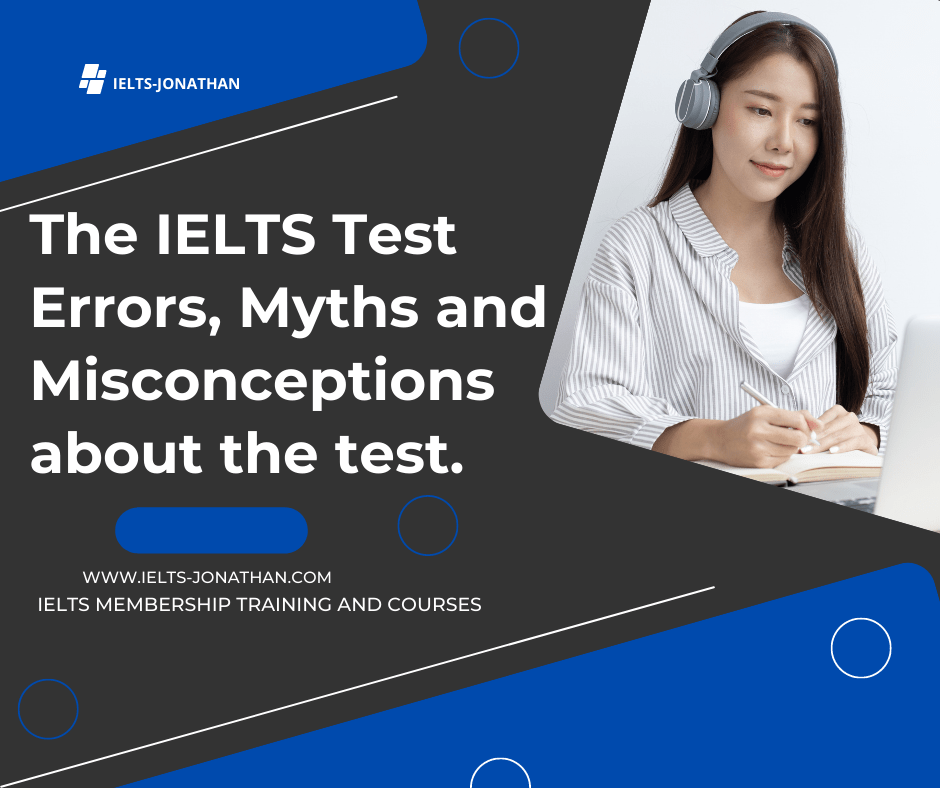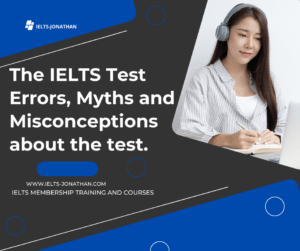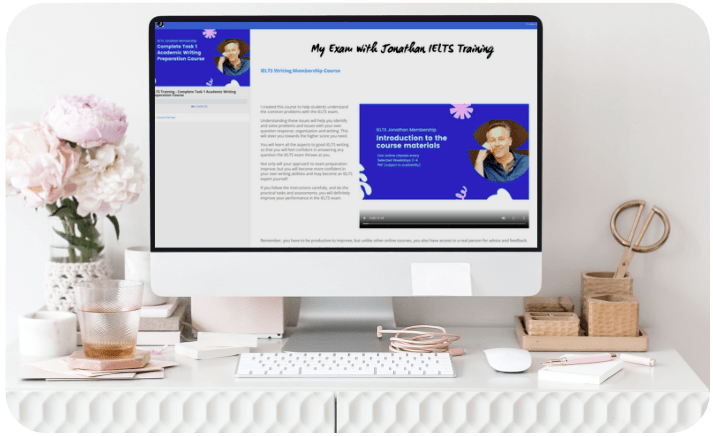
Let’s be honest …
An IELTS Course and Training Program
Many IELTS courses don’t deliver!
More often than not you’re overloaded with tons of tactics, but no clear plan on how to put all of the pieces together into a successful IELTS Preparation strategy.
That’s the exact problem my idea, ‘IELTS Courses and Membership‘ with Jonathan, was created to solve.
It’s a still growing “A to B” IELTS preparation course … and if you’re serious about IELTS, it’s the key to opening doors.
I run an IELTS Writing Preparation Membership starting at just $88
My Exam IELTS Course and Membership
IELTS Courses and Membership that guide you through every preparation step required for an awesome IELTS Test Result:
This IELTS Course and Membership will guide you through every preparation step required to a complete for an awesome IELTS Test including:
- Understanding your study strategy
- Crafting your exam technique
- Perfecting the appropriate language
- Building on your progress with feedback
- Using a growing collection of modules
- Bonus Videos and EBooks
- Opportunity to get Feedback on your progress
- and everything in between!
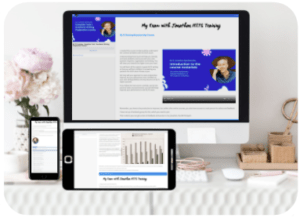
If you are new to the IELTS Exam, or you have been preparing for a while, if you are overloaded with so much advice that you have no clear plan on putting all of the pieces together into a successful preparation strategy, these courses are for you.
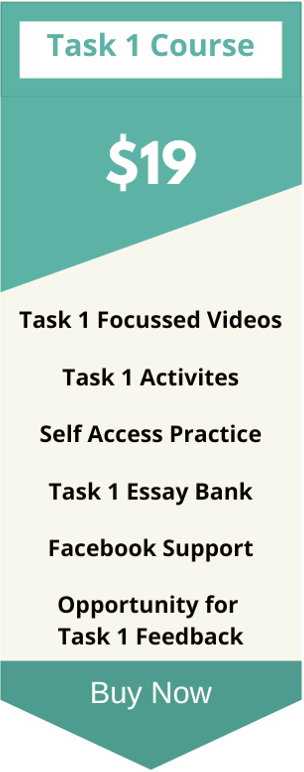

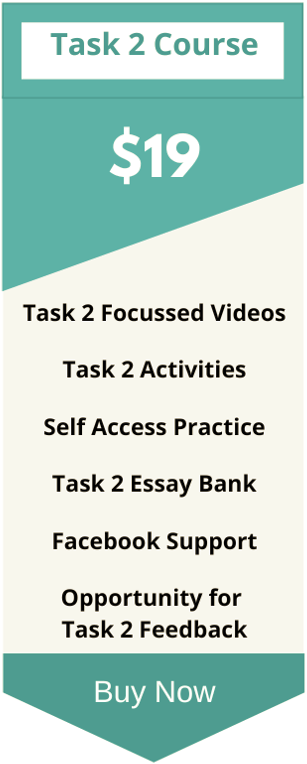
I created My Exam IELTS Courses and Membership to save months of headache, frustration, time and money, learning and figuring out the basic foundations and knowledge of the IELTS Exam so you quickly make progress and move onto the next step in your career or life plan.
My Exam IELTS Courses and Membership is just $38 for a limited time and includes all the modules I have currently completed. This covers ALL the important stuff you probably could learn the hard way but should learn My Way.
Buy Task 1 or Task 2 for $19 each or get a discounted bundle for $38 with additional Videos and E Books to help where you are struggling in the IELTS Test.
I am so excited to finally share with you my latest IELTS Training course – My Exam IELTS Courses with a ‘Membership Programme’ and ask you for a little favour!
| IELTS Task 1 Lessons, Activities and Tasks |
| Introduction to Task 1 Writing Assessment What is a Task 1 Task What should you know about Task 1 Writing Reading a Task 1 Question and Examining the Data Writing an Effective, Paraphrased Introduction Selecting Information for a Concise and Effective Summary Identifying the Key Feature and Changes Using Data to Write the Description Selecting Prepositions to Accuratly Explain Data Using Articles and Quantifiers for Data Accuracy The language of Comparison Why Tense is Important Noticing and Reporting Changes to a Map or Plan Understanding a Process Effectively Describing a Cycle Using the Present Perfect Tense Appropriately Dealing with Multiple Charts and Information Task 1 Sample Reports for Developing Structure and Strategy Final Review and Self-Assessment |
| IELTS Task 2 Lessons, Activities and Tasks |
| Introduction to Task 2 Writing Assessment What is Task 2 Writing What should you know about Task 2 Writing Identifying Task 2 Academic Tasks Selecting and Using an Appropriate Academic Structure Generating and Using Relevant Ideas and Opinions Planning and Structuring an Appropriate Response Writing an Effective IELTS Introduction Linking Sentences and Ideas Constructing a Convincing Line of Argument Using Appropriate Complex Sentence for Higher Band Scores Persuading the Examiner with your Conclusion The final points to remember in the IELTS Test Task 2 Sample Essays for Developing Language and Ideas Final Review and Self-Assessment |
| Membership Lessons, Activities and Tasks |
| Bonus Materials All of the above plus Opportunities for Personal Feedback on your IELTS Writing Plus Much More…… |
My IELTS Courses and Membership are designed for newbies to the IELTS exam world, as well as those aiming for 7 or 8………. however it may not apply to you at the moment (although there are golden nuggets for all levels and I am confident anyone can learn and implement something from it!) so I would LOVE, LOVE, LOVE for you to comment on, and share this post I am linking to: https://www.facebook.com with anyone who may benefit from it or in any group you think appropriate.
If you know someone who is starting out and is overwhelmed by the IELTS Exam- then this is for them!
Here’s to your IELTS preparation success,
Jonathan
